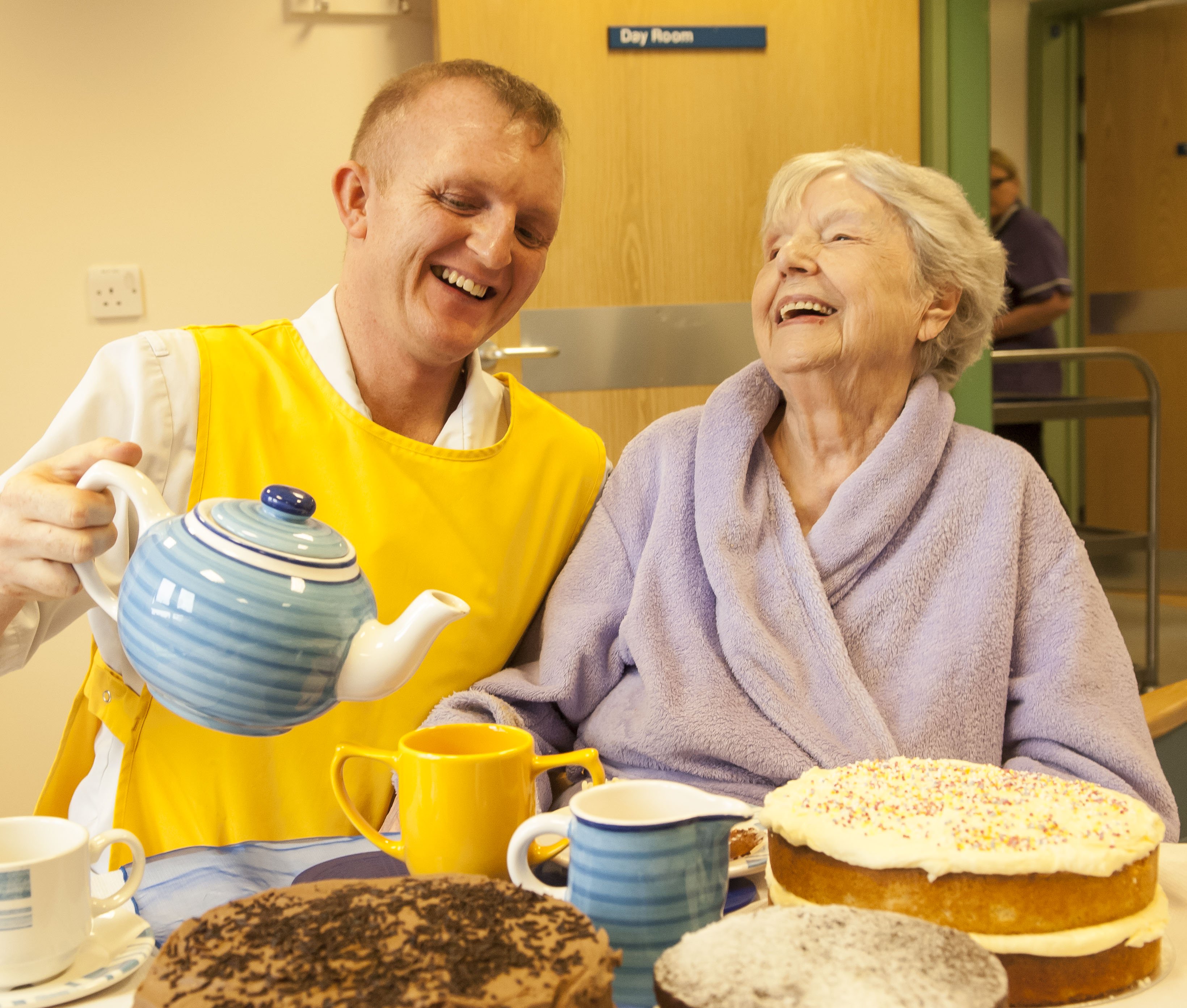
 Our Nutrition and Dietetic department at Northumbria Healthcare has always promoted good nutrition & hydration for all patients, staff and visitors. Our Nutrition Nurses regularly train staff on the importance of and correct use of the MUST tool and carry out environment audits at mealtimes to give a baseline of good practice within the trust.
Our Nutrition and Dietetic department at Northumbria Healthcare has always promoted good nutrition & hydration for all patients, staff and visitors. Our Nutrition Nurses regularly train staff on the importance of and correct use of the MUST tool and carry out environment audits at mealtimes to give a baseline of good practice within the trust.In 2011, based on best evidence, our Hip fracture quality improvement programme (HIP QIP) introduced the use of nutrition assistants to successfully improve mortality and patient experience. We wanted to see if this approach would have a similarly powerful effect on medical care of the elderly wards.
Through our Shared Purpose programme, funded by The Health Foundation, we recruited three fantastic individuals – Malcolm, Marc and Michael - whose sole purpose is to promote nutrition, encourage increased intake in an environment where care is personalised and eating and socialising promoted.
Here are just some of improvements they have been part of:
• Ensuring hot, cooked breakfasts, with fresh fruit salad and juice for mid-morning snack
• ‘Come dine with me’ for patients and their families
• Less reliance on alternative nutrition such as ensure drinks
• More reminiscence sessions, tea parties and films over cake
• Preparing packs for our most vulnerable patients over the weekend
• Increased liaison with family members
• More info resources on dementia and delirium available for families
• More active use of the day room
• Weekly snack clubs where families are invited to join in
Feedback has been hugely positive from patients, families and ward staff:
“He’s made such a difference …..it has meant my patients spend time with the same person on a daily basis who can focus on nutrition and give them extra snacks… the patients are cheerful and look forward to seeing his face"
“the ability to eat is not purely about the physical ability or the quality of food, it is about a sense of wellbeing and hope… what seemed like a little kindness in filling mum’s chocolate box was so significant, and she ate them because (you) had given them to her)… thank you for the positive impact you have had on mum’s health”
As well as the improvements to patients’ experience, we’re on target to see our patients receive an extra million calories this year. In a short space of time we have already seen statistically significant improvements – on a ward with a nutritional assistant patients are more likely to gain weight during their hospital stay (p=0.01). The reverse was true prior to the nutrition assistants being recruited.
There is also an exciting trend towards a positive reduction in length of stay, which would indicate that patients are becoming well enough to leave hospital quicker and would more than secure the return on investment.
Further analysis on greater numbers is required to ensure sufficient power behind these early findings relating to length of stay but we remain hopeful and very excited!
Thank you to our nutrition assistants, for all that you are doing and the difference you are making. You’re fab.

